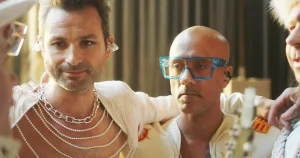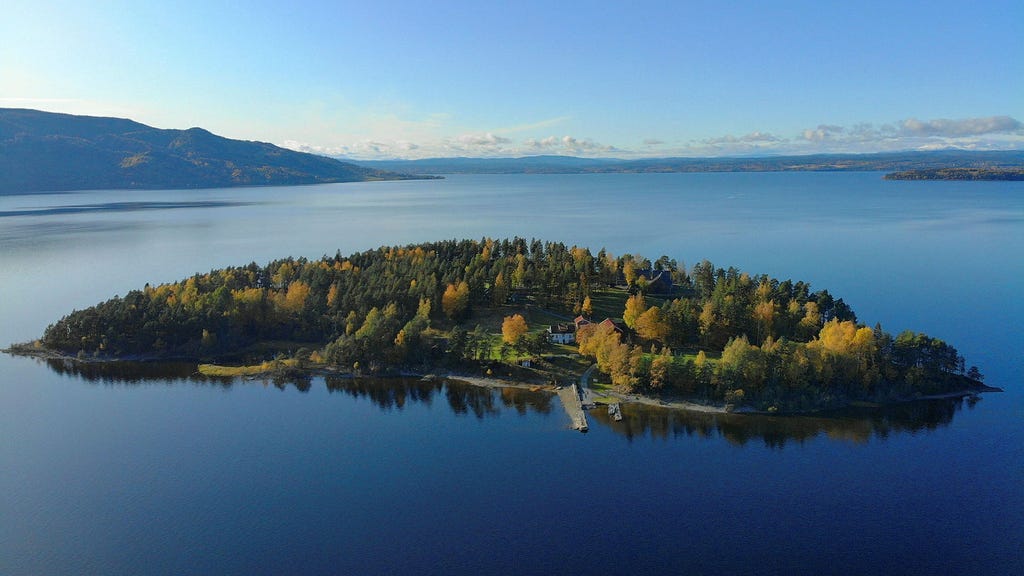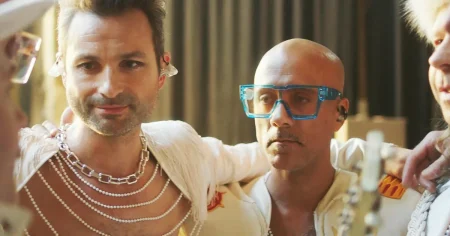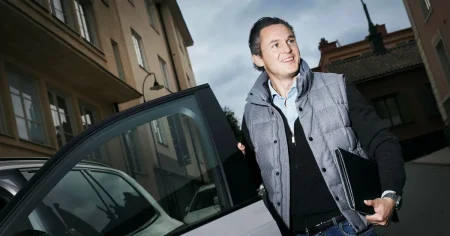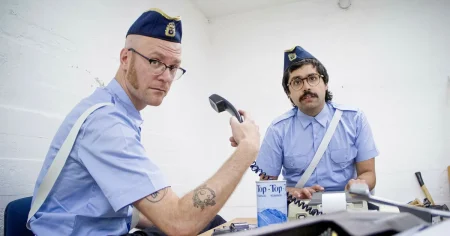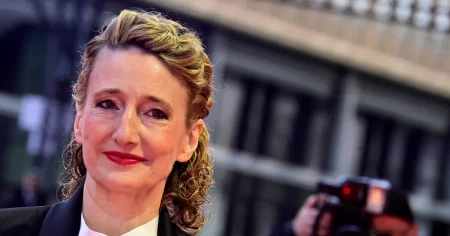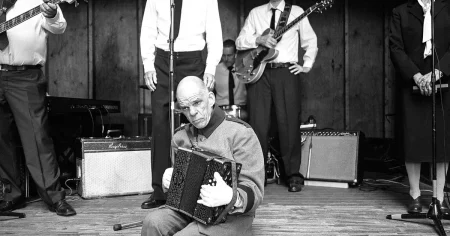Paragraph 1: Utøya’s Transformation and Ingrid Endrerud’s Leadership
The island of Utøya, once the site of unimaginable tragedy, has undergone a remarkable transformation. In 2011, a horrific terrorist attack perpetrated by Anders Behring Breivik claimed the lives of 69 people, many of them young members of the Norwegian Labour Party’s youth organization. Among the survivors was 18-year-old Ingrid Endrerud. Now, at 31, Endrerud serves as the CEO of Utøya AS, the company responsible for managing the island. Under her leadership, Utøya has evolved into a place of remembrance, education, and active engagement, dedicated to fostering democratic values and combating extremism. This transformation has earned Utøya the prestigious Olof Palme Prize, an award worth approximately $100,000 USD, recognizing its significant contributions to peace, freedom, and democratic principles.
Paragraph 2: The Olof Palme Prize and its Significance
The Olof Palme Prize, established in 1987 to honor the memory of the assassinated Swedish Prime Minister Olof Palme, is awarded annually by the Olof Palme Memorial Fund for International Understanding and Common Security. The prize recognizes individuals and organizations working to promote peace and disarmament, combat racism and intolerance, and advance human rights. For Utøya, receiving this award is a profound honor, acknowledging its commitment to turning a place of tragedy into a symbol of hope and resilience. Endrerud notes the resonance of Palme’s legacy on the island, with his speeches, particularly "Therefore, I am a Democratic Socialist," often played and discussed by young people visiting Utøya. This connection underscores the enduring power of democratic ideals and the importance of preserving Palme’s vision for a more just and peaceful world.
Paragraph 3: Endrerud’s Personal Journey and Commitment to Utøya
Endrerud’s connection to Utøya runs deep. A youth politician herself in 2011, she continued her political engagement after the attack, serving as a government advisor before taking on the leadership role at Utøya AS. Her decision to lead the organization stems from the profound impact the island has had on her life, both before and after the tragic events of 2011. She recognizes the island’s significance as a place where young people can develop their political understanding and work towards positive change. Endrerud views her role as shaping Utøya’s future, ensuring that it remains a vibrant center for democratic engagement and a powerful symbol of resilience.
Paragraph 4: The Utøya Generation and the Long-Term Impact of Terrorism
The attack on Utøya had far-reaching consequences for the survivors, now often referred to as the "Utøya Generation." While some, like Endrerud, remained active in politics, even reaching ministerial positions in the Norwegian government, others chose to step away from public life. Endrerud emphasizes that neither path is inherently superior, but the divergent choices highlight the enduring impact of terrorism. The trauma experienced on that day continues to affect survivors, illustrating that the consequences of such violence extend far beyond the immediate aftermath. The long-term psychological and emotional toll underscores the importance of providing ongoing support and recognizing the complexities of healing.
Paragraph 5: Utøya as a "Classroom for Democracy" and a Hub for Dialogue
Utøya has become a vital center for democratic education and dialogue, aptly described in the Olof Palme Prize citation as "Norway’s most important classroom for democracy." The organization focuses on engaging young people in discussions about democratic principles, fostering critical thinking, and encouraging active participation in civic life. Utøya also serves as a meeting place for individuals and organizations with diverse perspectives, providing a platform for difficult conversations on challenging issues. This commitment to open dialogue extends internationally, facilitating discussions between nations seeking to build peace and strengthen democratic institutions.
Paragraph 6: Utøya’s Mission and Global Reach
The mission of Utøya AS is to transform the island into a symbol of hope and resilience, a place where future generations can learn about democracy, engage in critical discussions, and work towards a more peaceful and just world. The organization’s educational programs, aimed primarily at school students, aim to empower young people to become active and informed citizens. The emphasis on dialogue and understanding, both within Norway and internationally, underscores Utøya’s global reach. The recognition conferred by the Olof Palme Prize further amplifies Utøya’s message, inspiring others to confront extremism and work towards a future defined by democratic values, peace, and mutual understanding.


